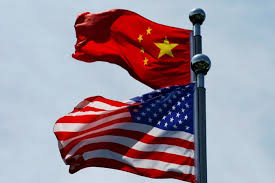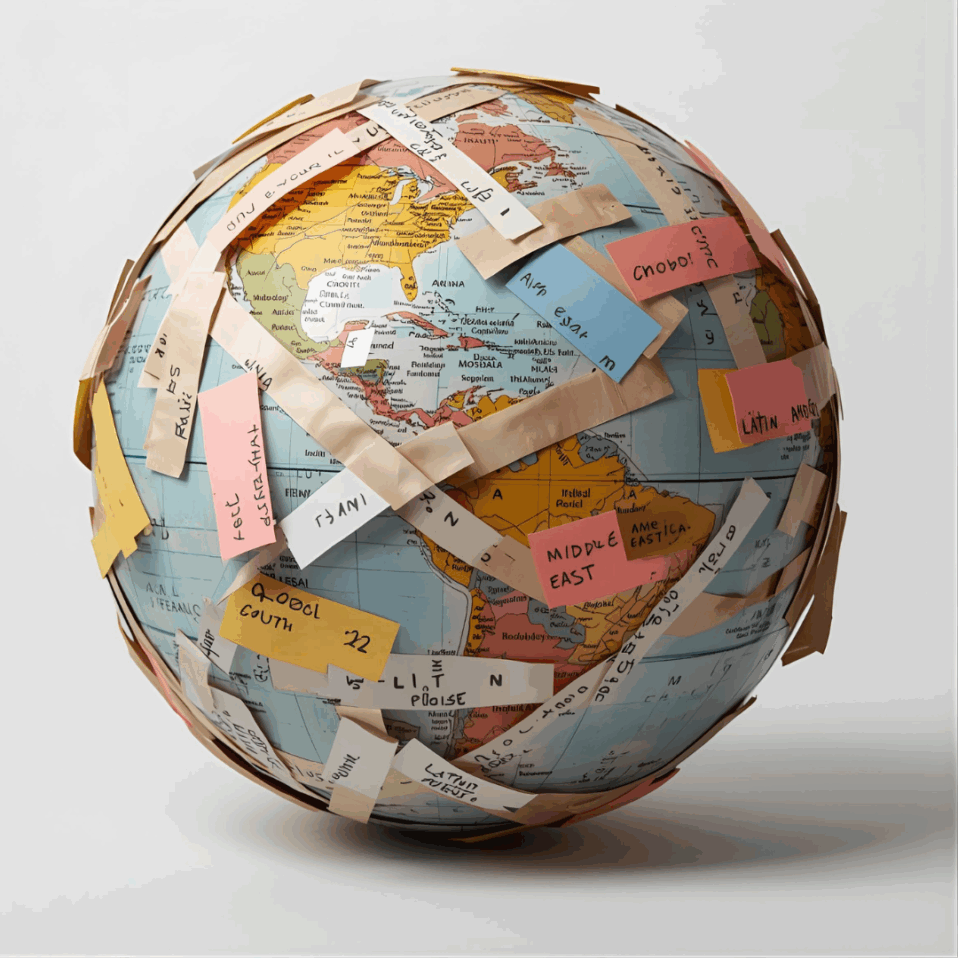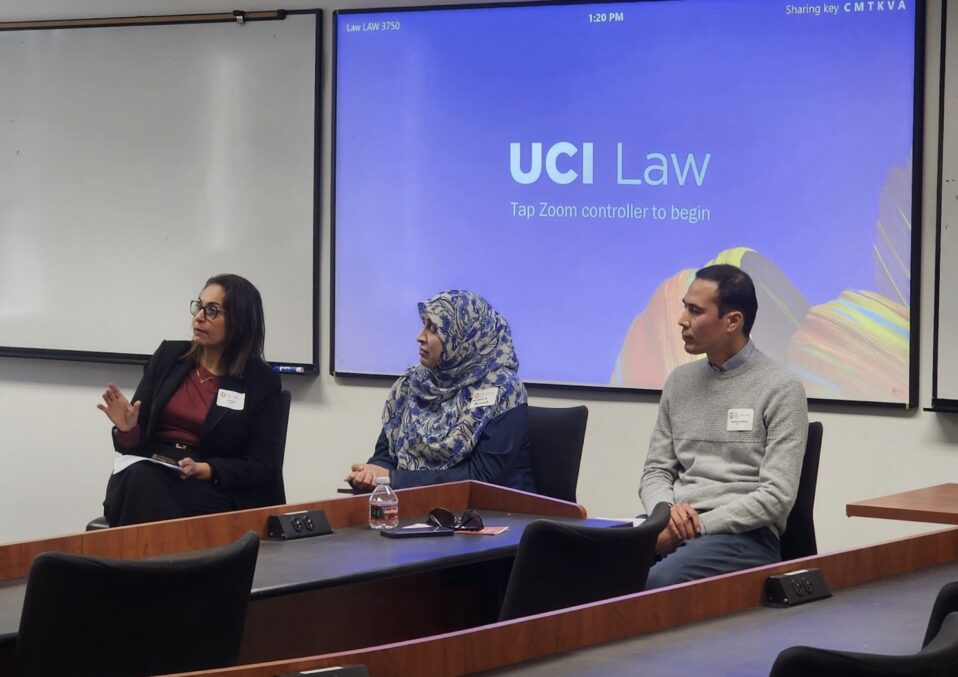The BRICS nations, comprising of Brazil, Russia, India, China, and South Africa, are attempting to challenge the global hegemony of both the United States and Western World. The annual summit for BRICS will be taking place in Johannesburg, South Africa in late August with the notable exception of Russian President Vladimir Putin, which has created a significant rift in the organization.
But what is BRICS and what does this organization aim to do?
BRICS is a political and economic alliance between 5 member states to rival the dominance of the United States in the political and economic realms. Together the BRICS nations represent 32.7 trillion USD in GDP or roughly 31% of all global GDP, compared to the United States at 24% of global GDP. While these 5 nations do outweigh the US economically, the current SWIFT system of international monetary exchange places the US dollar as the chief international metric, something they are eager to change.
On the docket for the summit in South Africa is the discussion around creating a common currency to effectively challenge the US domination of the world economy as well as expanding the organization. South African officials are eager to use the BRICS alliance to be a champion of the developing world with the potential for nations such as Iran, Saudi Arabia, Cuba, Argentina, and the Democratic Republic of the Congo expressing interest in joining. By creating alliances with developing economies in Latin America and Africa as well as positioning themselves against the current US leadership they are hoping to gain favor with nations that are either unfriendly with the United States or those who are interested in joining other developing nations. An economic union of rising discontent would not just outweigh the economic power of the United States, but the entire G-7 economic powers put together. If BRICS was able to take the reins it could signify a radical change in political and economic direction from the US led western world to the developing economies of Asia, Africa and Latin America. New York, London, and Tokyo could find themselves no longer the world financial centers being replaced with Rio, Moscow, and Beijing.
However, NATO and the European Union are not the only international organizations with internal issues. Tensions surrounding the current war in Ukraine has caused a rift between BRICS members. South Africa, like many African nations, has expressed a position of neutrality in the conflict, actively calling for the war’s end. Tensions also rise as the International Criminal Court (ICC) issued an arrest warrant for Russian President Vladimir Putin, which places South Africa in a difficult spot. If President Putin were to arrive in South Africa, they would be bound by international law to arrest him. The rising African nation being caught between its international obligations and its economic partnership with Russia had led to the Russian Foreign Minister, Sergey Lavrov, to head the Russian delegation to the BRICS summit instead of Putin.
Written by: Administrative Intern, Charles Larkin






